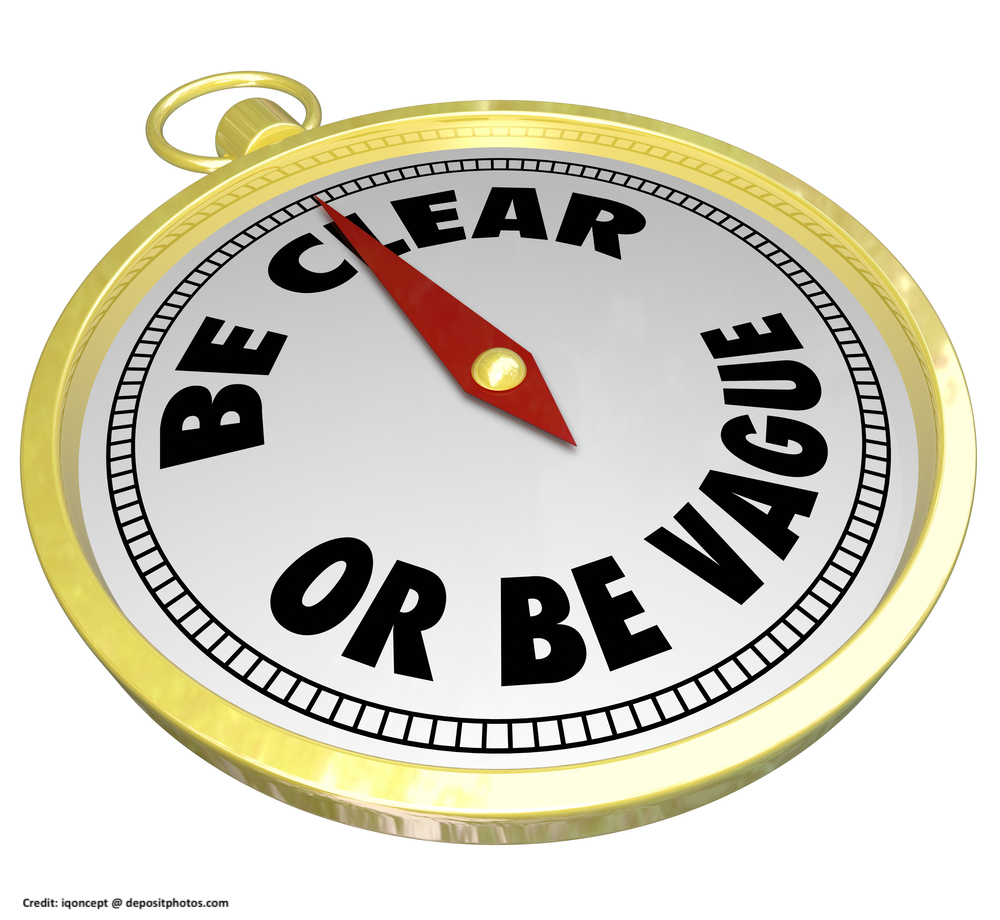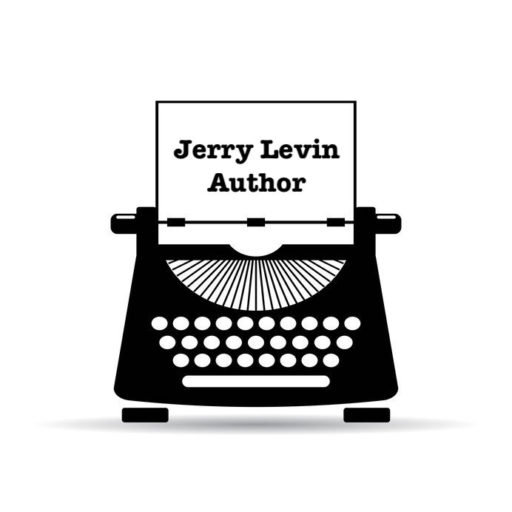Reading time (250 wpm): 6 minutes.

Clarity
I have been working on a book for over a decade. The book entitled Affirm Yourself is about teaching the reader to write their own personal affirmations. I have spent a lot of time avoiding writing this book. I can find more ways than you can imagine to distract myself from my writing, editing, marketing, planning, etc.
The most recent strategy that the Voice in my Head has come up with to distract me is to have me flip-flop back and forth between plans to seek a traditional publisher, like Hay House, or to self-publish the book. If I don’t make up my mind on that, I will not make any progress on this final stage of the project, and the book will not be published. It will die with me in my computer. That is unacceptable to me.
I have changed my mind on this issue so many times I have lost count. I have done a complete about-face turn so many times that I get dizzy.
I am writing this blog post to share some of the progress or lack thereof with you and, most importantly, I am writing this so I can gain some clarity about why I am keeping myself stuck here in limbo and what I can do to get out of this quicksand. Hopefully, with that will come some clarity about which way I should go.
“Just the facts, Ma’am”
There are a few major differences between traditional publishing and self-publishing.
- EXPENSES – With traditional publishing, the publisher will buy the rights to publish the book and will invest in having professionals edit it, format it, design a cover for it, and have it printed and distributed to mention a few of the most obvious things.
With self-publishing, the author is responsible for doing all those things or personally paying someone else to do them. - INCOME – A traditional publisher may pay the author an advance on royalties. This means that the author will get paid before any books are even printed, but when the book is published and sales come in, the author will not get any more money until the royalty of the sales exceeds the advance that was paid. The royalty is based on a percentage of the cost of the book and the format. For a paperback book it might be only 5%, for a hardcover it could be up to 15%, and for an ebook it could be 25%. The exact figures will depend on the book and the size of the author’s platform.
With self-publishing, the royalties are higher, but there are no advances. Depending on the exact situation the royalties start at 35%. However, the author had significant upfront costs to cover the development. - MARKETING/PUBLICITY – It used to be that a traditional publisher did a lot of the marketing and development work to promote the sale of the book. That has pretty much disappeared today. The author of a traditionally published book, especially a first time author like myself, is expected to have a large following (platform) of interested readers who will theoretically buy the book as soon as it is published. The author is expected to plan and carry out a full-scale, all-stops-out marketing campaign just like the self-published author. The traditional publisher may provide some marketing through their website and mailings depending on how well they think the book is going to sell.
- TIMING – With traditional publishing, it could take years from the time a contract is signed before the book is actually in print. This depends on a lot of factors that are totally out of the author’s control, like what other books the publisher wants to get out first.
In the case of self-publishing, there definitely is some time involved in getting someone to design a cover and format the book for publication and then printing. But this should take less than 6 months once the final copy is provided by the author. - RIGHTS – The author may have to give up significant rights to the book when they sign a contract with a traditional publisher. These could involve things like foreign sales, the exact details of the book, like the title, the cover design, the wording of certain sections, and so on.
My Take on This
All of these issues are meaningful to me to varying degrees. The money is important but it is not the reason I am writing this book. And I can’t be sure which option would generate more net income since I believe that I would sell more books, albeit at a lower royalty rate, with traditional publishing.
The driving reason for me to write this book is that I would like to help a lot of people by sharing some ideas I have and a book is a great way to start that process. The remaining factors, marketing, timing, and rights, all relate to this issue.
The timing is a factor in favor of self-publishing. I definitely do not like the idea of having to wait a year or two before the book is available for others to purchase. And the rights issue also has me leaning heavily toward self-publishing because I recoil at the idea of someone who I don’t even know making a decision about the cover or the title of the book.
The work involved in marketing the book seems to be similar regardless of how I decide to publish it. My understanding is that whichever publishing method I choose, I will still be responsible for the bulk of the marketing.
So why, I wondered, does it sometimes seem so important to be able to say that a traditional publisher published my book?
I felt like saying that my book was published by a traditional publisher, like Hay House, would add some credibility to my pitch for someone to buy the book and invest the time in reading it. It is like an independent party thinks the book is good and has invested in bringing it into the world. But, is it really true that a significant number of people will be influenced to buy the book because it is published by a traditional publisher?
I was talking with my editor, Laurie Scheer, today about these issues, and all of a sudden, another couple of possibilities occurred to me. It could be that I want or need the validation of a traditional publisher saying they will publish the book. Maybe I need that kind of assurance before I feel comfortable sharing it with a world full of people I don’t know.
Laurie also told me that although older readers may be favorably influenced by the fact that a book is traditionally published, younger readers barely recognize the difference. (If you might be interested, Laurie can be reached at lascheer@mac.com)
And then the real zinger hit me. I was neglected as a child because my parents both worked in my dad’s drug store. I didn’t like that. I didn’t feel safe at home alone. Maybe my inner child is looking for Louise Hay to ‘protect’ him on this project that he views as risky. He thinks that Louise will keep him safe from the “Big Bad Wolf” out there (even though we know that Louise died a few years ago).
Here I am back to edit this a couple of days later, and I came up with another powerful possibility for why I might want to go the traditional publishing route and sell the rights to the book. Then, if it fails to sell well, I would have someone else to blame. “It’s their fault because of the lousy changes they made to the book.”
Conclusion
So it looks like most of the reasons why I was leaning towards traditional publishing were hidden from me and they were factually incorrect or irrelevant or inappropriate. Therefore, for now, I am planning (once again) to self-publish my book. Can’t speak for how I’ll feel tomorrow.
Regardless of how I publish the book, I still need a significant author platform. So if you haven’t signed up for my email list yet, this is me asking you to do that once again, Please! I’ll send you a free eBook entitled Conscious Evolution: Thinking Your Way to a Better You when you sign up.
Thanks for listening to my chasing down a rabbit hole. I feel a lot better now.

Like what you see?
Subscribe To
MyNewsletter
The best way to keep up with the latest insights is to get on my email list.
Most of my emails are either about Personal Development or Spirituality. If you indicate a preference, I will only send you emails that fit your interests.
When you sign up, I will send you a free ebook called:
Conscious Evolution: The Process of Consciously Transforming Your Life.
Congratulations, you have Successfully SUBSCRIBED!